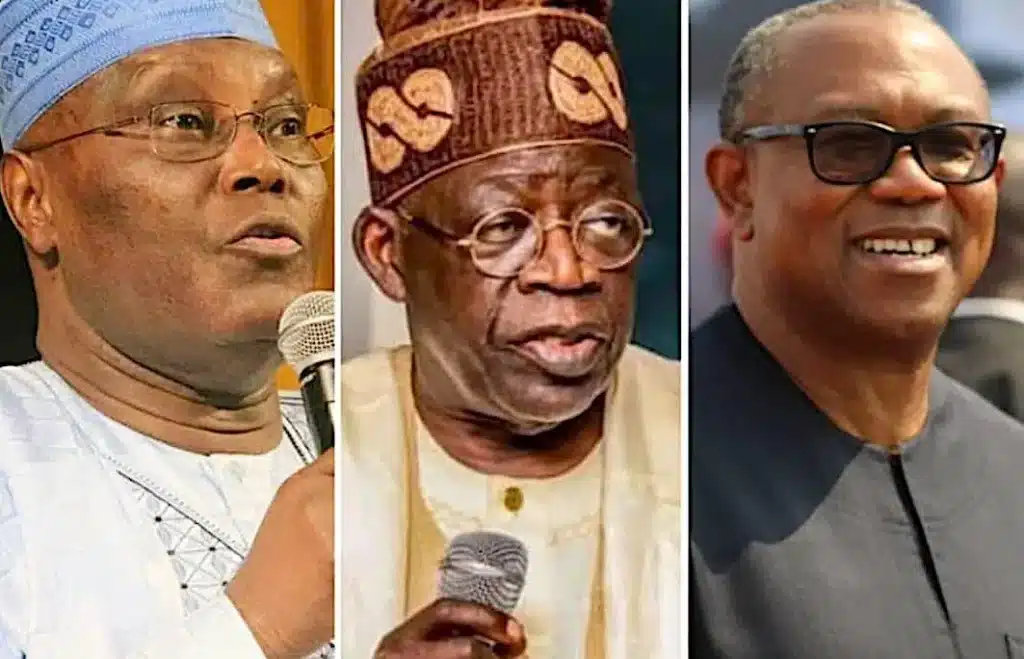
Abuja, Nigeria — The Nigerian political landscape is witnessing a significant shift as a new opposition coalition, led by former Vice President Atiku Abubakar, continues to take shape. With prominent figures such as Peter Obi, Nasir El-Rufai, and Babachir Lawal joining the alliance, analysts believe the movement may evolve into a formidable political force capable of challenging President Bola Tinubu in the 2027 general elections.
The coalition, which emerged amid a wave of defections to the ruling All Progressives Congress (APC), held a high-level meeting in Abuja under the banner of the National Political Consultative Group (NPCG). The gathering brought together political heavyweights across party lines, signaling a serious bid to unify the fragmented opposition and realign Nigeria’s political trajectory.
Among those in attendance were Labour Party’s 2023 presidential candidate Peter Obi; former Kaduna State governor Nasir El-Rufai; former SGF Babachir Lawal; ex-Attorney General Abubakar Malami; and Labour Party’s 2023 vice-presidential candidate Yusuf Datti Baba-Ahmed. Other notable attendees included ex-Senate President Adolphus Wabara, former Foreign Affairs Minister Aminu Wali, and former Youth Development Minister Bolaji Abdullahi.
While the coalition has yet to announce a political platform, discussions are ongoing with parties such as the African Democratic Congress (ADC). The ADC’s National Chairman, Ralph Okey Nwosu, disclosed that talks are in advanced stages and a decision is expected within the next two weeks.
Obi’s Ambiguous Role Sparks Internal Tensions
Despite being a central figure in the coalition, Peter Obi’s participation has sparked confusion within the Labour Party (LP). LP’s National Publicity Secretary, Obiora Ifoh, criticized Obi’s presence at the coalition meeting, describing it as “an affront” to the party’s leadership.
“Peter Obi has not clearly stated his intentions for 2027. He cannot continue to associate with groups outside the Labour Party without the consent of the party’s leadership,” Ifoh said.
However, Obi maintains that he is still a member of the Labour Party “for now,” leaving the door open for future political realignments.
Obidient Movement Insists on Presidency or Nothing
Adding to the tension, key figures within the Obidient Movement, which forms the backbone of Obi’s grassroots support, have made it clear that they will only back him if he emerges as the presidential candidate of any coalition.
Dr. Katch Ononuju, a founding member of the movement and a former adviser to Obi, warned against any arrangement that places Obi in a vice-presidential role. “Obi’s followers will not support him as a running mate. He is the face of the movement, and anything short of the presidential ticket will be a betrayal,” he said.
Ononuju emphasized that the coalition must address the core issues that fragmented the opposition in 2023, especially the Peoples Democratic Party’s (PDP) failure to honor the zoning agreement, which led to the exit of key figures like Obi and Rabiu Kwankwaso.
Analysts: Coalition Could Alter 2027 Political Landscape
Political observers believe the coalition could reshape the dynamics of the 2027 elections—if properly structured. Ononuju urged the coalition to rally behind a credible Southern candidate, arguing that such unity would force greater national inclusion and potentially curb what he described as the “nepotism” in the current administration.
He criticized President Tinubu’s cabinet for replicating exclusionary patterns seen under former President Buhari, warning that continued marginalization of certain regions could destabilize the country.
Maduabuchi Idam, a constitutional lawyer and political analyst, also weighed in on Obi’s strategic calculations. While he acknowledged the frustration of the Obidient base, he described Obi’s coalition involvement as “a calculated move to stay relevant and possibly win the presidency.”
“Without a strong alliance, the APC will likely block Obi from repeating his 2023 performance. This coalition might be his best shot, not just for now, but for the long term,” Idam noted.
As discussions continue behind closed doors, the opposition coalition faces the delicate task of balancing personal ambitions, regional interests, and party structures. The next few weeks will be crucial as the coalition finalizes its political vehicle and strategy for 2027.
Political watchers will be keeping a close eye on whether this diverse group of power players can sustain unity long enough to mount a credible challenge against the ruling APC.


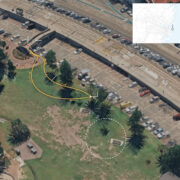
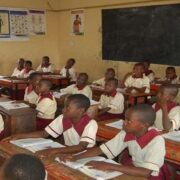
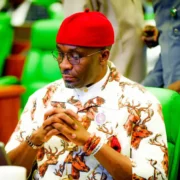
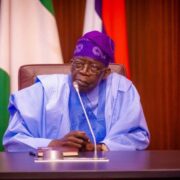
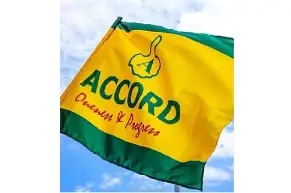
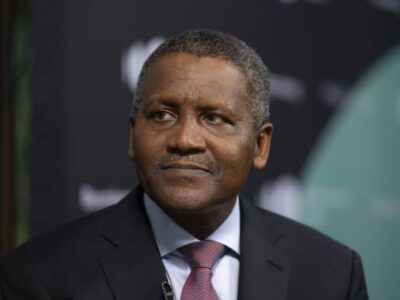

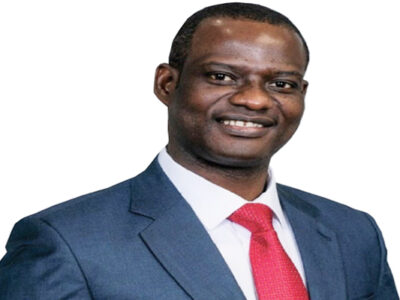









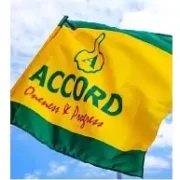
Comments